Keywords: Priests
There are more than 200 results, only the first 200 are displayed here.
-
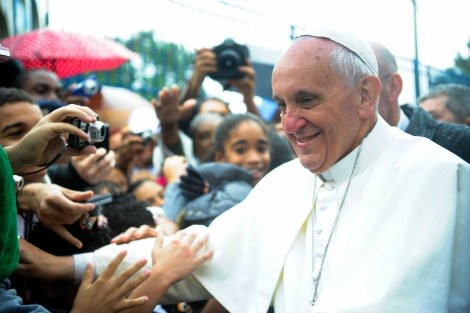
RELIGION
- Andrew Hamilton
- 08 September 2016
7 Comments
Popes are politically significant because they lead a large international church that is present in many nations. The teaching, interests and opinions of popes affect the way bishops and priests act, and so influence Catholic attitudes. More recently, popes have also become celebrities. Their influence on public opinion, in wider society and in the Church, is increasingly personal. As a result the way individual popes understand and express their faith will shape the possibilities for their political influence.
READ MORE 
-
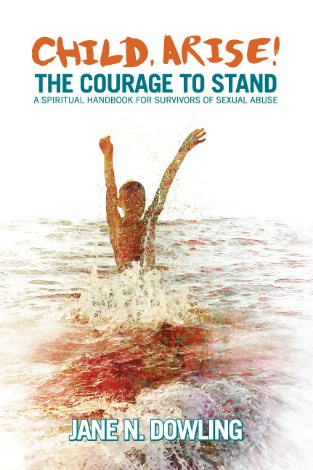
RELIGION
- Andrew Hamilton
- 01 September 2016
15 Comments
Dowling, who was a victim of clerical abuse, offers a program of reflections that bring together scriptural themes and the effects of sexual abuse. Most striking is the extraordinary labour required to purify the language of a tradition that has become polluted. This is vital not simply as a therapeutic exercise but as a condition for renewal and reconciliation. It may also be pertinent to wider society, where Brexit and the Trump phenomenon have been characterised by a coarsening of public language.
READ MORE 
-

RELIGION
- Frank Brennan
- 29 July 2016
81 Comments
Wednesday night's ABC 7.30 program carried allegations against Cardinal George Pell which, if true, are devastating: life ruining for victims like Damian Dignan and Lyndon Monument; confronting for all citizens committed to the wellbeing of children; and earth shattering for Catholics who still have faith in their church. The report is also troubling for those of us concerned about due process and the rule of law - not as academic notions for lawyers but as the secure bulwarks of a society in which everyone's rights and interests are protected.
READ MORE 
-
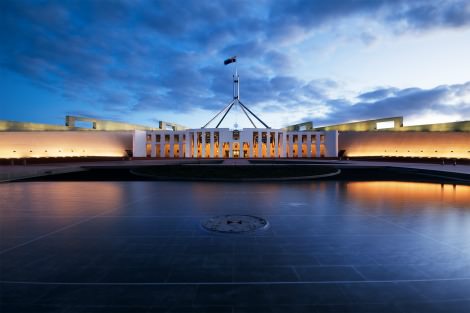
RELIGION
- Andrew Hamilton
- 30 June 2016
8 Comments
During the campaign neither of the major parties addressed seriously the major challenges facing Australia: climate change, inequality and the forced movement of peoples. That makes it inevitable that following this election, sovereignty, mandates and other weighty words will continue to dominate public conversation. They usually function as political knives to cut through the messiness of our democratic order. But they also carry a theological weight that may illuminate our present condition.
READ MORE 
-

RELIGION
- Phyllis Zagano
- 11 May 2016
21 Comments
Pope Francis may be interested in better situating women within Church governance and ministry, and there is sufficient theological evidence to readmit women to the order of deacon. Even so, significant curial roadblocks keep him from moving in the obvious direction.
READ MORE 
-

RELIGION
- Frank Brennan
- 02 May 2016
2 Comments
READ MORE
-
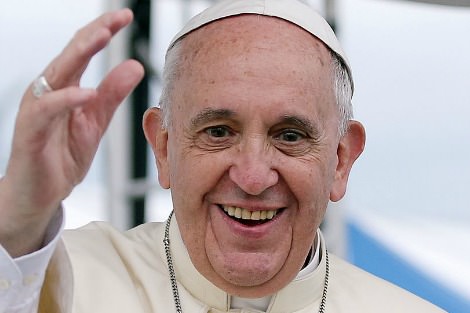
RELIGION
- Andrew Hamilton
- 11 April 2016
19 Comments
As Francis begins his fourth year in office, questions are raised as to whether the changes he has brought to the church will last beyond his time in office. Some argue that because he has made no significant changes in governance, his changes will not survive him. His successors and the Curia will be free to restore former expressions of church life. This argument highlights the need to embody vision in institutional structures. But good structures alone do not ensure the continuation of vision.
READ MORE 
-
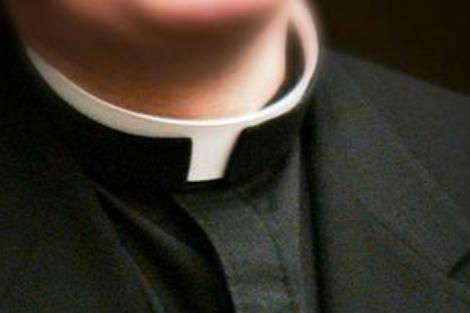
AUSTRALIA
- Andrew Hamilton
- 10 March 2016
24 Comments
If we are to make institutions safe for children, we need not only hold to account people who have presided over unsafe places, but also to address a culture that protects silence at each level of organisations, preventing complaints being made and being reported. Clergy and celebrities must not be treated as different from others, entitled to have their bad behaviour ignored. They must be held accountable to the officers and regulations of the organisation in which they work.
READ MORE 
-
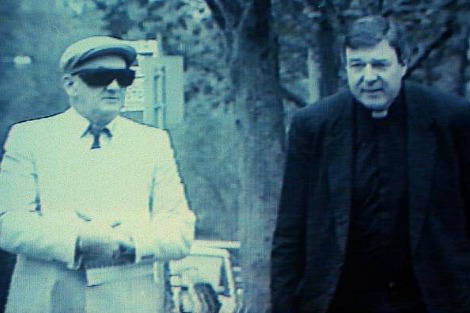
RELIGION
- Neil Ormerod
- 10 March 2016
23 Comments
Even as a young priest George Pell was marked for higher things. He was a protege of B. A. Santamaria who had a significant following among Victorian bishops and priests. He was chosen to go to further study in Rome and then in Oxford. He was quickly given positions of responsibility. Within this trajectory there was no room for a priest who rocked the boat on clerical misconduct. To ask questions about why Ridsdale was being constantly moved was evidently not part of the plan.
READ MORE 
-

RELIGION
- Frank Brennan
- 07 March 2016
'On his last two visits to Latin America, Pope Francis has focused on past and present relationships between indigenous peoples and their colonisers. This Jubilee Year of Mercy perhaps it could be a blessed moment for Aboriginal Australians and descendants of their colonisers to walk together through the Door of Mercy at the St Francis Xavier Cathedral, calling to mind the sins and endeavours of the past, the achievements and commitments of the present, and the hopes and aspirations of the future.' Fr Frank Brennan SJ, Lenten Talk, Norwood Parish, 3 March 2016
READ MORE
-
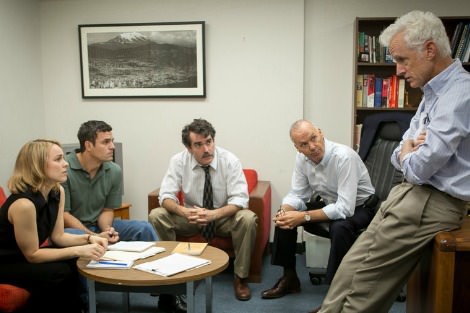
ARTS AND CULTURE
- Richard Leonard
- 28 January 2016
18 Comments
This is one of the angriest films you will ever see. In the Bible we hear about righteous anger, where God or humanity realises something is so wrong and sinful that 'holy anger' is the first and right response. At its best in the scriptures this anger leads to justice, making things right. Spotlight is an occasion for holy, righteous anger and every adult Catholic should see it.
READ MORE 
-

ARTS AND CULTURE
- Jim McDermott
- 28 January 2016
4 Comments
Not long ago a priest visiting from abroad told me that the story of Spotlight doesn't really apply to his country. 'We don't have that problem here.' It's a comment you get somewhat regularly from some parts of the world. Would that it could only be true. Without a much greater willingness on the part of the institutional Church to let itself be broken and changed by what we have learned since January of 2002, it's more likely a sign of disasters still to come.
READ MORE 